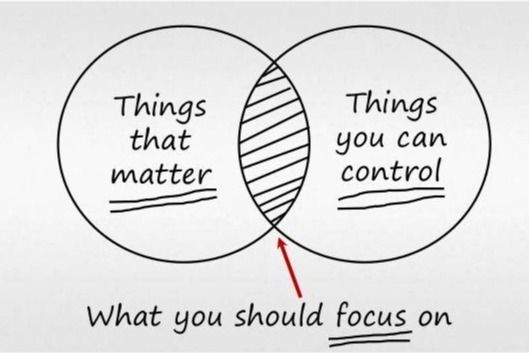Dealing with uncertainty – tips for business owners
Inflation may be down but there’s still real uncertainty for business owners. We’ve been trading in challenging times for a number of years now. Knowing what step to take next is a key worry, we know you invest more than simply time and money into your business. It is more than a job but part of your identity.
So, how do you get more clarity for your future plans? And how do you work on the short-term future of the business, when sales, income and cash may be in short supply?
Focusing your efforts in the right places
As a business owner, you can always think of new business-critical issues – but the reality is that you CAN’T control all these elements. This sense of mounting uncertainty is likely to raise your stress levels and make you more anxious.
So, how do you overcome these worries and find a practical solution?
Try to focus on the things you can control:
- Identify the things that matter to the short, medium and long-term success of the business
- Find the things you can control and over which you have some influence.

It's too overwhelming to try and work on everything at the same time. Instead, try to focus on one major thing you can achieve each day to improve business performance.
- Review your overheads and costs – one way to reduce your cashflow worries is to reduce your spending. Look at your controllable overheads and see if there are ways to negotiate better terms with suppliers, cut down on expenses or pause any subscriptions.
- Talk to debtors and creditors – if you can bring down your aged debt, that will help your overall financial health. Talk to any late-paying customers and agree when these debts will be paid. And talk to suppliers about extending payment terms, if possible.
- Consider alternative revenue streams – if your current business model isn’t working well, are there other services that you could diversify into? Any new revenue streams will help to bolster your income and cash position, working with partners could be a key way to grow your revenue.
- Update your website and marketing – having a great online presence is vital, is yours up to date with all the changes we've seen over the last 4 years?
- Encourage your team – maintaining motivation and nurturing team spirit is even more crucial in this more rapidly changing world. The more engaged your team is, the easier it will be to embrace change together.
Talk to us about other strategies for dealing with uncertainty in your business.



